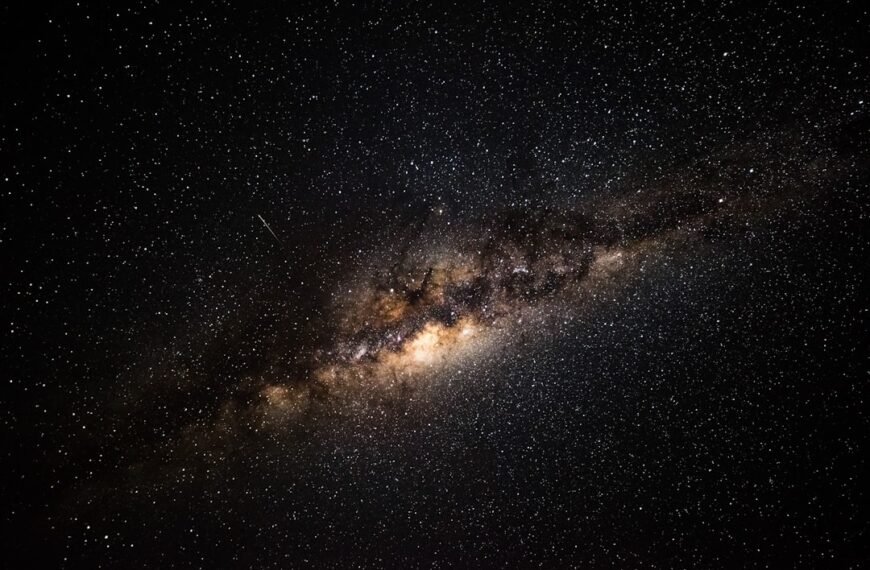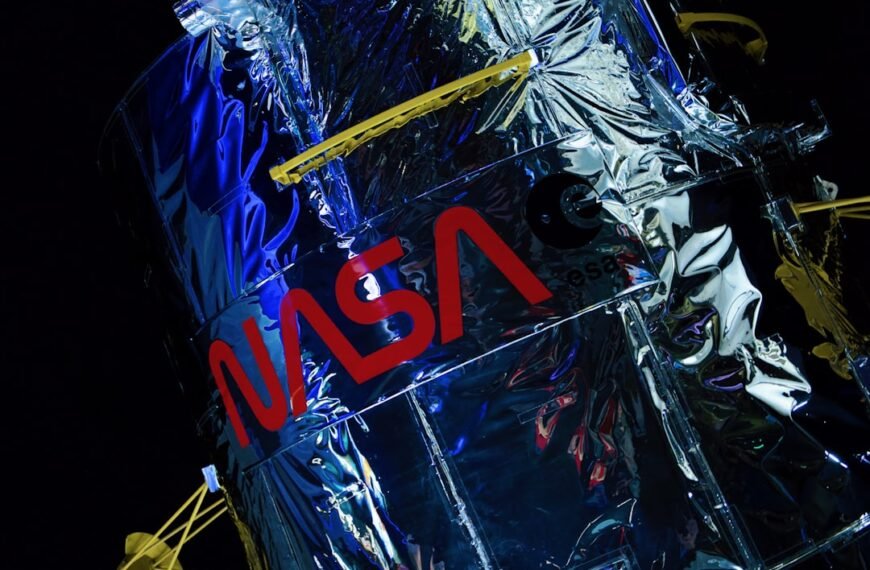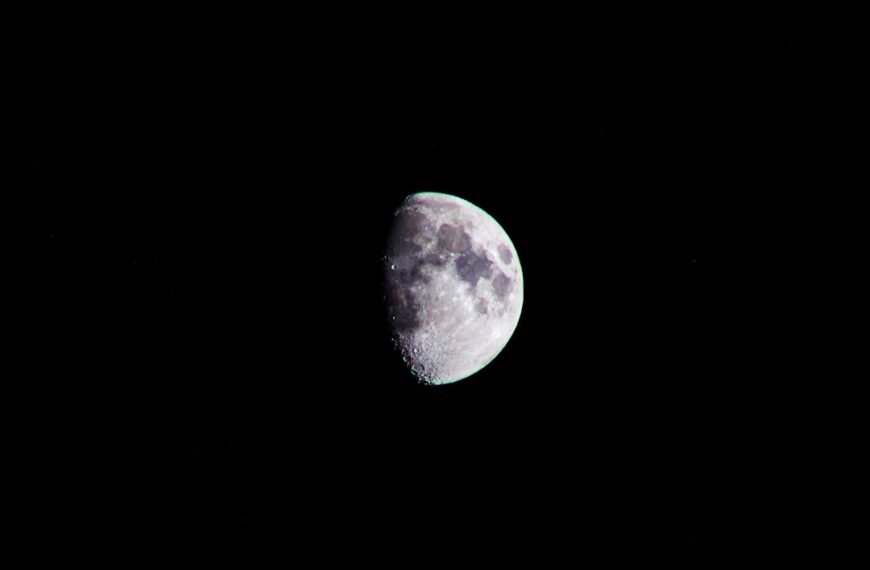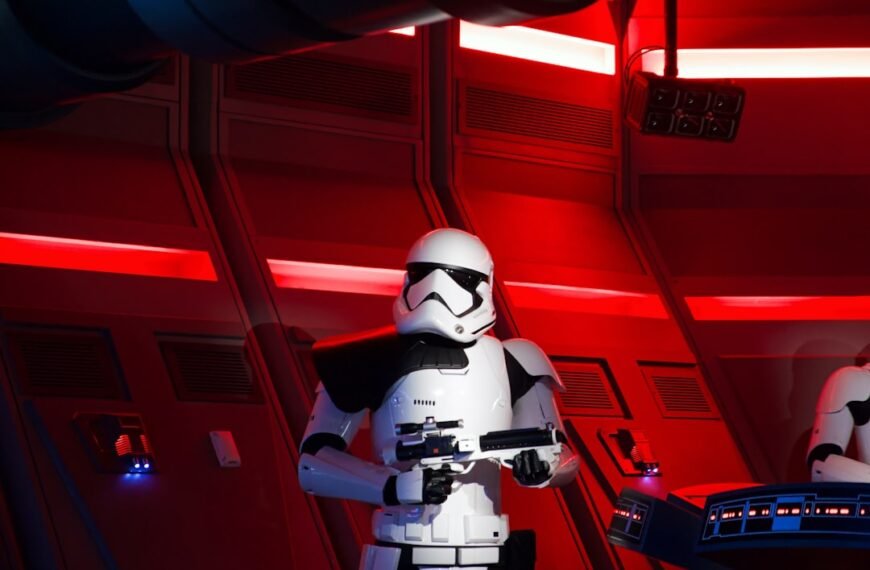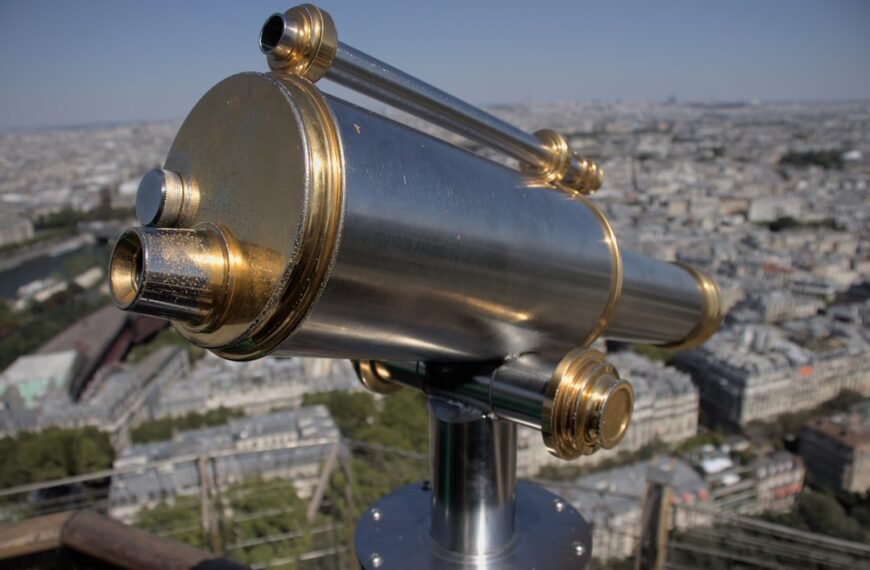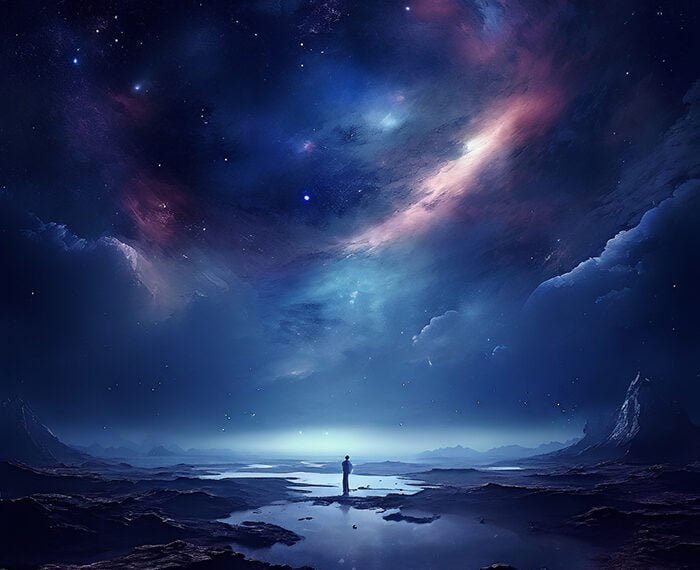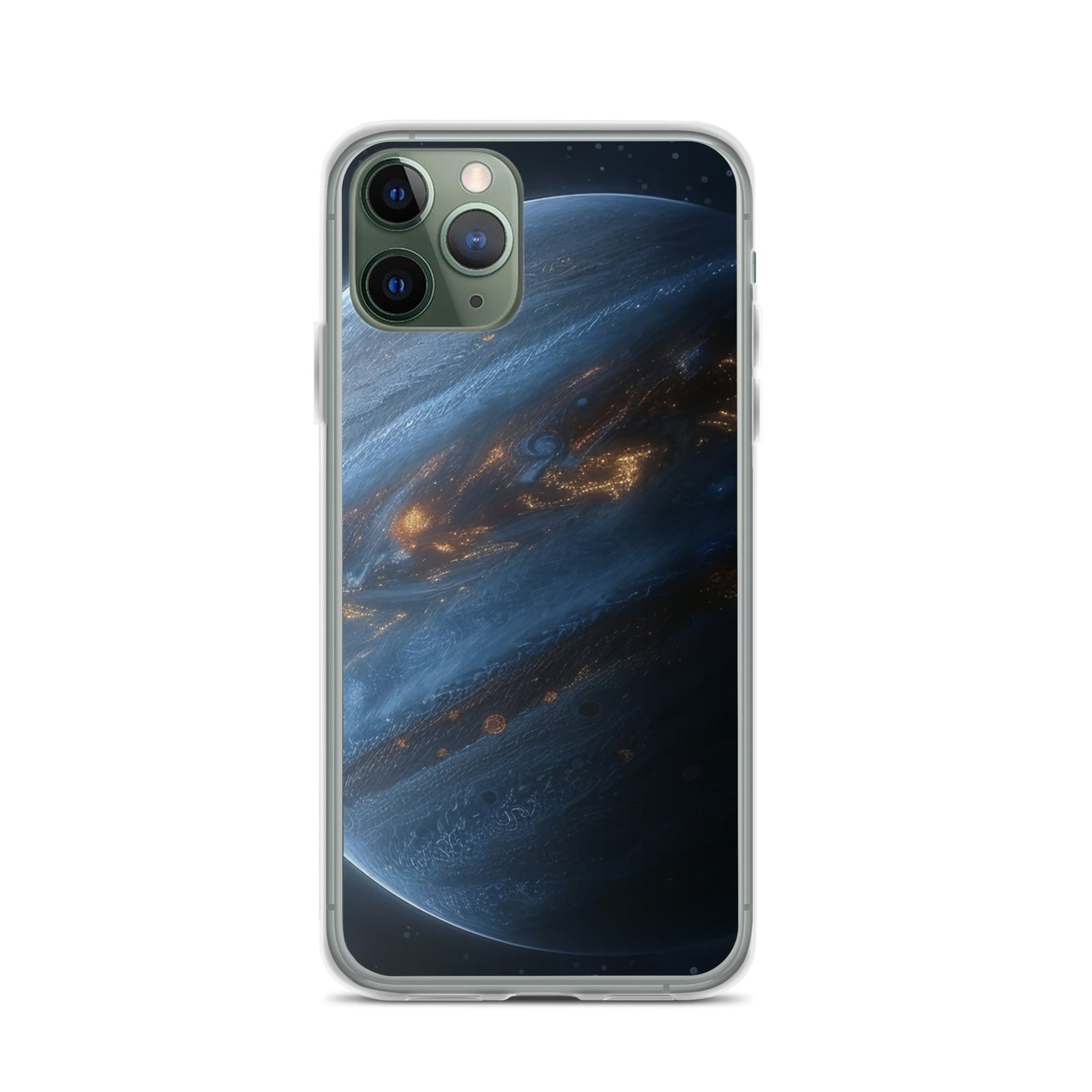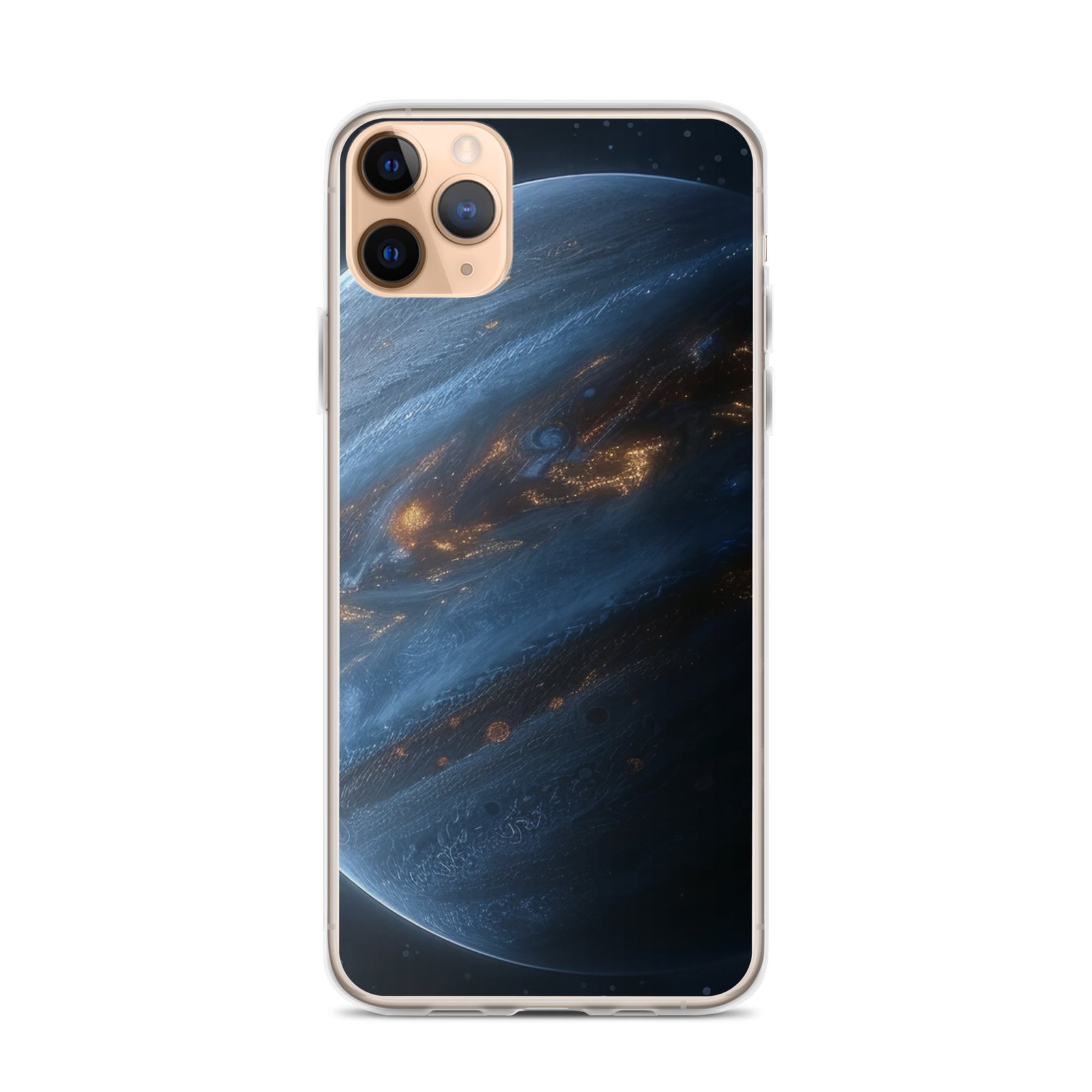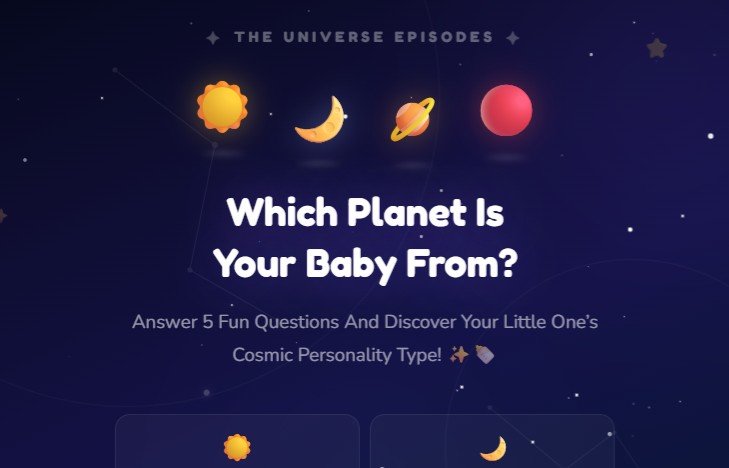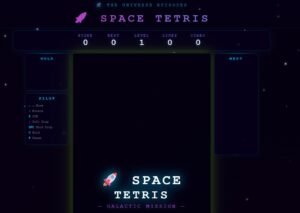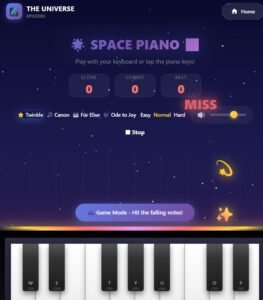Discover why Gravity Falls ended after two seasons. Explore Alex Hirsch’s vision and commitment to quality storytelling. Read more now!
Takeaways 🌟
- Creative Vision: Alex Hirsch’s intention was for Gravity Falls to be a finite series, designed with a clear beginning, middle, and end, ensuring a meaningful narrative closure.
- Quality Over Quantity: Hirsch prioritized creative integrity, opting to conclude the series rather than risk losing its original charm through prolonged storytelling.
- Industry Trends: The evolution of children’s animation towards more serialized and complex narratives allowed shows like Gravity Falls to end naturally, rather than stretching out indefinitely.
- Supportive Environment: Disney XD respected Hirsch’s decision to conclude Gravity Falls, facilitating a creative process aligned with his vision.
- Fan Engagement: The show’s dedicated fan base had high expectations for resolution, motivating Hirsch to deliver a satisfying conclusion to the intricate mysteries woven throughout the series.
Gravity Falls, the critically acclaimed animated series created by the imaginative Alex Hirsch, was a show that redefined animated storytelling and captured the hearts of many. Its unique blend of humor, mystery, and relatable characters made it a hit among audiences of all ages. However, after just two seasons, the series concluded. The question that lingered in the minds of its ardent fans was – why did Gravity Falls end? This blog post delves deeper into the reasons behind the conclusion of this much-loved show.
Gravity Falls: More Than Just a Tale of One Epic Summer
Gravity Falls was not just another animated series. It was a meticulously crafted narrative that revolved around the adventures of Mabel and Dipper Pines during one unforgettable summer. The creator of the show, Alex Hirsch, had a clear vision for the show right from its inception. He didn’t want Gravity Falls to be an endless saga, but rather, a finite story with distinct phases – a beginning, middle, and end.Hirsch’s vision was to create a series that had a finite lifespan, much like the single summer it depicted. He once remarked, “I always designed Gravity Falls to be a finite series about one epic summer—a series with a beginning, middle, and end.” His vision for the show was clear:
- A mystery with a genuine resolution
- An adventure with a thrilling climax
- An ending that offered closure for the characters
Hirsch believed that his storytelling approach would maintain the charm and freshness of Gravity Falls, preventing it from falling into the trap of becoming stale due to overextension.
The Role of Creative Integrity and Quality Control
One of the key reasons why Hirsch decided to conclude Gravity Falls after two seasons was his unwavering commitment to creative integrity and quality control. He had observed how numerous shows continued to stretch their narratives far beyond their natural conclusion, often at the expense of their original spark. Hirsch did not want Gravity Falls to meet the same fate.He stated, “There are so many shows that go on endlessly until they lose their original spark, or mysteries that are canceled before they ever get a chance to payoff.” This commitment to maintaining the quality of Gravity Falls was a significant factor in the decision to conclude the series when it did.
The Burdens of Production and Personal Well-being
Creating a show as detailed and engaging as Gravity Falls was not an easy task. The immense workload and the pressure to consistently deliver high-quality content took a toll on Hirsch. He admitted to feeling “burnt out” and needing to take a step back for his own well-being. This intense strain, coupled with the desire to maintain the quality of the show, led Hirsch to conclude the series after two exciting seasons.
The Evolution of Children’s Animation and Storytelling
At the time Gravity Falls was airing, there was a significant shift in the landscape of children’s animation. An emerging trend towards more serialized storytelling and complex narratives that appealed to both children and adults was taking shape. Shows like Adventure Time and Over the Garden Wall were leading this movement.Gravity Falls was a part of this innovative trend, contributing to the evolution of the industry. This shift allowed for deeper, more meaningful storytelling. However, it also meant that shows could naturally conclude once their narrative arcs were complete, rather than being stretched beyond their logical conclusion.
Disney’s Unwavering Support
Disney XD, the network that aired Gravity Falls, played a crucial role in the show’s conclusion. They not only respected Hirsch’s decision to end the series but also supported it. Their statement reflected their understanding and respect for Hirsch’s creative vision.Disney XD stated, “Alex made the decision to conclude the story at this time, and while we’re disappointed we all won’t have the opportunity to explore more of the Gravity Falls world, we respect his creative vision.” This supportive stance from Disney allowed the series to conclude as planned, aligning with Hirsch’s original vision for the show.
High Fan Expectations and Engagement
Gravity Falls had a strong and dedicated fan base, known for their intense engagement with the show’s mysteries and hidden codes. This enthusiastic fan engagement was a double-edged sword. While it kept the show popular, it also meant that the expectations for the narrative’s conclusion were very high.Hirsch was acutely aware of this. He wanted to ensure that Gravity Falls ended in a way that would not only satisfy its audience but also offer a resolution to the mysteries that had been woven throughout the series.
Gravity Falls: Leaving a Lasting Impact
In conclusion, Gravity Falls concluded due to a combination of factors, including:
- Alex Hirsch’s original creative vision for a finite story
- The commitment to maintaining high-quality storytelling and creative integrity
- Personal considerations related to the intense workload of producing the show
- The shift in industry trends favoring concise, high-quality narratives
- The unwavering support from Disney in respecting the creator’s vision
- The aim to meet high fan expectations and provide a satisfying conclusion
The decision to end Gravity Falls was primarily about preserving the integrity of the show and concluding it on a high note. This approach has contributed to the lasting impact of the series and its continued appreciation among fans. Although new episodes of Gravity Falls may no longer grace our TV screens, the series remains a shining beacon of quality storytelling in the realm of animation, leaving a profound impact on its fans and the industry as a whole.





